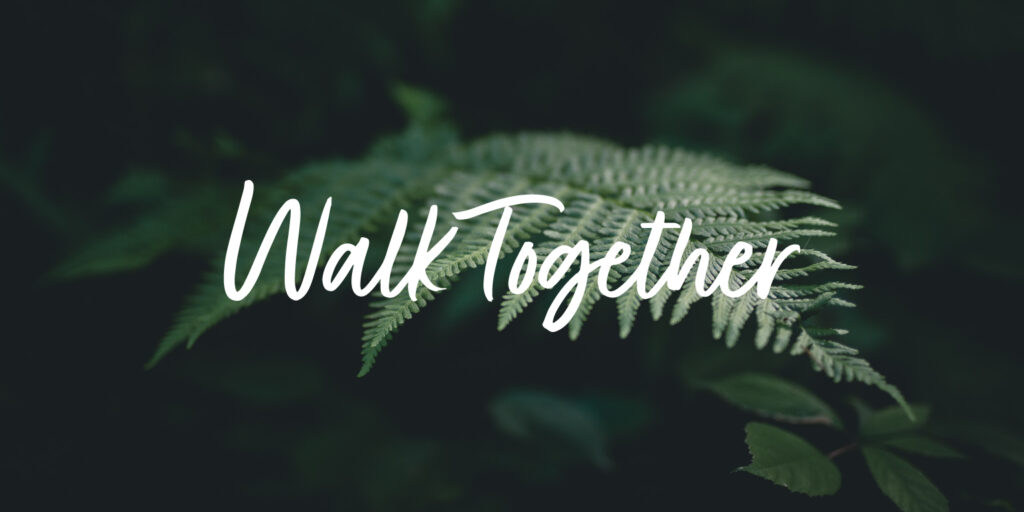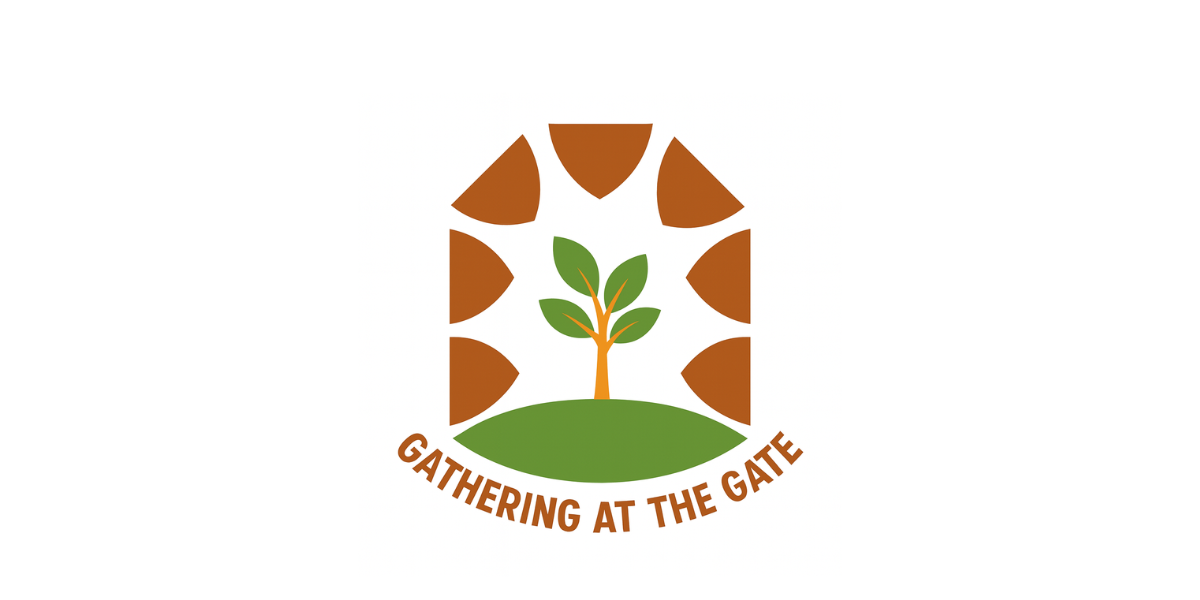He Aka Hui | Kōrure o te tai – Changing the direction of the tide
Published:
September 12, 2024

A collaboration between Equally Well and the Tupuānuku researchers at The University of Otago.
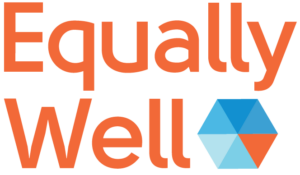
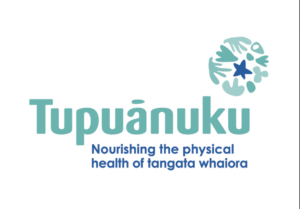
Too many people with mental health and addiction issues are dying prematurely from preventable, treatable physical health conditions. This is a critical failure of the health system and must be addressed in terms of human rights and equity of outcomes.
The Tupuānuku research has identified how the health system is impacting on timely access and quality of care for people with mental health conditions and addiction. But with the right tools and information, we can all be agents for change and equity.Kōrure o te tai (changing direction of the tide).
Tui Taurua from the Equally Well backbone team gives this call to action for change-makers to come together to understand and turn good practice into routine care that meets the physical health needs of tāngata whai ora and their human rights in terms of equity of health outcomes. Join us to be part of a movement for equity, social justice, and change.This is an issue for all of us working in the health sector, however the primary care workforce has an important role to support timely access and early diagnosis and to avoid diagnostic overshadowing.
The Tupuānuku research, nourishing the physical health of tāngata whai ora, is a study funded by the Health Research Council for 2021–2023 led by Associate Professor Dr Ruth Cunningham, Dr Debbie Peterson, and Dr Helen Lockett, all researchers at the University of Otago. The research investigated the enablers and barriers that affect the access and quality of physical health care for people with mental health and substance use issues in Aotearoa. Knowledge was generated from administrative data, survey responses and interviews with people with lived experience.Many people shared experiences of good care, but for many others diagnostic overshadowing delayed diagnosis and treatment for physical illnesses.
Diagnostic overshadowing: a lived experience resource
In collaboration with StoryBox, the University of Otago developed this animated video about diagnostic overshadowing, and what you can do about it as someone using health services or supporting someone to use them.
The video is based on the findings of the research, and in particular, the stories that participants with lived experience shared in the research survey conducted in April 2022.
These two He Aka Hui shared key findings from the research and engaged with attendees to develop solutions and key actions to bring about a change in the tide of a system that is not enabling people to consistently receive the high quality and consistent physical health care that is their right.
Part 1 had a key focus on workforce interventions and the role of primary health care and Part 2 focussed on the lived experience of diagnostic overshadowing and its impact on health care and outcomes.
He Aka Hui | Kōrure o te tai | Changing the direction of the tide part 1.
Chair: Irihapeti Mahuika, Pou Whakarae-Chief Executive Officer (CEO), Health Hawkes Bay
Presenters:A/Prof Dr Ruth Cunningham, MPH, FNZCPHM, PhD, Research Associate Professor, Public Health PhysicianCaro Swanson, Principal Advisor Mental Health, Lived Experience Leadership and System Change, Te Pou
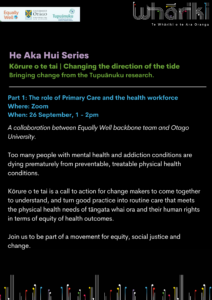
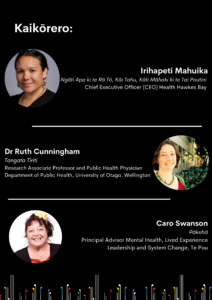
Watch the Part 1 session below
He Aka Hui | Kōrure o te tai – Changing the direction of the tide part 2.
This important research will support you to take action and make a real difference for the physical health outcomes of people with mental health and addiction issues.
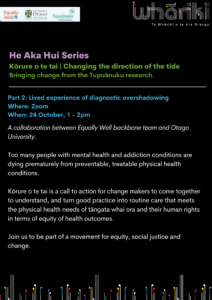
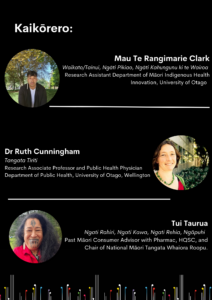
Chair: Tui Taurua, Lived experience activist, author, speaker
Presenters:A/Prof Dr Ruth Cunningham, MPH, FNZCPHM, PhD, Research Associate Professor, Public Health Physician
Mau Te Rangimarie Clark, Research Assistant Department of Māori Indigenous Health Innovation, University of Otago
Watch part 2 below

